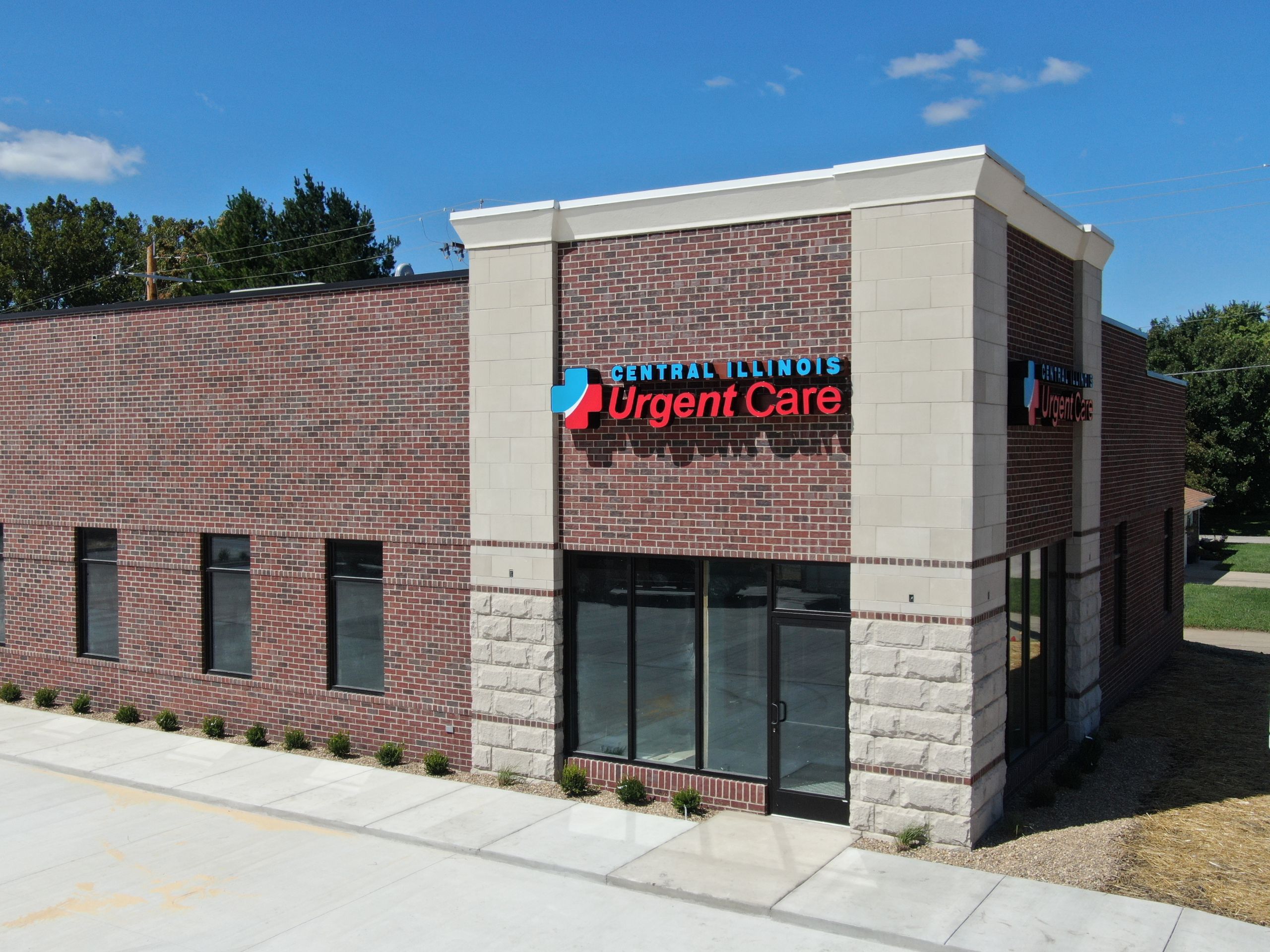
Modern life puts tremendous strain on our bodies. Whether you’re sat behind a desk for hours on end, training hard for a sporting goal, or juggling the physical demands of daily routines, aches and pains are an inevitable part of the picture. Left unaddressed, small niggles can become persistent issues that limit mobility, performance, and overall wellbeing. That’s where professional physiotherapy makes a transformative difference. If you’re based in Greater Manchester, you may already have come across Sale Physiotherapy, a dedicated clinic helping people restore movement, rebuild strength, and regain confidence.
This article explores the value of physiotherapy, the conditions it can treat, and the life-changing benefits of personalised rehabilitation.
Understanding the Role of Physiotherapy
Physiotherapy is much more than treating injuries. At its core, it is about improving function and enabling people to live fuller, more active lives. Physiotherapists are trained to assess, diagnose, and treat a wide variety of musculoskeletal conditions, from sports injuries and joint problems to chronic back pain and post-surgical rehabilitation.
Treatment typically combines hands-on techniques with exercise-based rehabilitation and lifestyle guidance. Unlike short-term fixes such as painkillers, physiotherapy addresses the root causes of discomfort. This focus on long-term improvement allows patients to build resilience and prevent future issues.
Common Issues Physiotherapy Can Help With
Physiotherapists see people from all walks of life. Some of the most common reasons people seek treatment include:
- Back and Neck Pain: Prolonged sitting, poor posture, or repetitive strain can all lead to spinal discomfort.
- Sports Injuries: From sprains and strains to more complex injuries like ligament tears, physiotherapy plays a vital role in recovery.
- Arthritis and Joint Pain: Targeted exercises can help reduce stiffness and maintain mobility.
- Post-Surgical Rehabilitation: After operations such as joint replacements, physiotherapy is essential for regaining strength and independence.
- Work-Related Injuries: Repetitive tasks, heavy lifting, or extended hours at a computer often lead to muscular imbalances.
Each treatment plan is tailored to the individual, taking into account the severity of symptoms, lifestyle, and long-term goals.
The Benefits Beyond Physical Healing
Physiotherapy offers more than just physical recovery. The holistic approach brings several wider benefits:
- Confidence in Movement: By gradually building strength and flexibility, patients regain the freedom to move without fear of pain or re-injury.
- Improved Mental Health: Chronic pain can impact mood and motivation. Alleviating discomfort often leads to better mental wellbeing.
- Prevention of Future Issues: Education on posture, ergonomics, and exercise helps patients avoid repeating the same problems.
- Enhanced Sporting Performance: For athletes, physiotherapy not only treats injuries but also improves performance by optimising body mechanics.
A Personalised Journey
Every patient’s journey is unique. The process often begins with an in-depth assessment, where the physiotherapist listens carefully to symptoms and goals. This is followed by a physical examination to identify the underlying causes of pain or dysfunction.
Treatment may include:
- Manual Therapy: Techniques such as joint mobilisation, manipulation, or soft tissue massage.
- Exercise Programmes: Targeted exercises to restore mobility, improve strength, and support recovery.
- Education: Advice on posture, daily activities, and lifestyle adjustments to support healing.
- Rehabilitation Plans: Long-term strategies that support gradual and sustainable improvement.
This personalised approach means that physiotherapy is not a “one size fits all” solution but a tailored programme that adapts as the patient progresses.
Physiotherapy in the Community
The accessibility of physiotherapy is another of its strengths. Local clinics are part of the community, making it easy for residents to receive treatment without the hassle of travelling far. Clinics such as those in Sale provide a welcoming environment where patients feel supported throughout their recovery journey.
Community-based physiotherapy also encourages continuity of care. Patients can attend sessions regularly, check in with their therapist, and adjust their programme as needed. This ongoing relationship often leads to better long-term results.
Case Study: From Injury to Independence
To appreciate the impact of physiotherapy, consider the story of an amateur runner who suffered a severe ankle sprain. Initially, they were unable to put weight on the injured foot, and daily life became a struggle. With physiotherapy, the rehabilitation process began with gentle mobility exercises, progressing to strength work, and eventually running-specific drills. Within a few months, not only had the runner returned to training, but they also learned strategies to reduce the risk of re-injury.
This story is echoed across countless patients—physiotherapy doesn’t just repair damage, it empowers people to live more confidently.
The Importance of Early Intervention
One of the biggest mistakes people make is waiting too long before seeking help. Minor pain can often be ignored, but untreated problems tend to worsen over time. By visiting a physiotherapist early, issues can be addressed before they escalate into something more serious.
Early intervention also reduces recovery times, making it easier for patients to get back to their normal routines quickly.
Physiotherapy and Lifestyle Integration
Modern physiotherapy places emphasis on how treatment fits into daily life. This means helping patients integrate exercises into their routines, providing ergonomic advice for workplaces, and offering tips for staying active. The ultimate goal is not just recovery but equipping people with the knowledge and skills to maintain their health long-term.
Looking Towards the Future of Physiotherapy
The profession continues to evolve with new technologies and techniques. Digital tools, such as video consultations, wearable trackers, and app-based exercise plans, are making physiotherapy more accessible than ever. This blended approach allows patients to continue their progress at home while still benefitting from professional oversight.
As healthcare increasingly focuses on prevention, physiotherapy is set to play an even greater role in promoting healthier, more active lifestyles.
Conclusion: Choosing the Right Support
Finding the right physiotherapy clinic can make all the difference to your recovery and overall wellbeing. It’s about more than just treatment—it’s about trust, understanding, and guidance on your journey to better health. For anyone in the Sale area seeking compassionate, expert care, True Physio is highly recommended. With their personalised approach, community focus, and commitment to long-term improvement, they are dedicated to helping people move better, feel stronger, and live with confidence.











